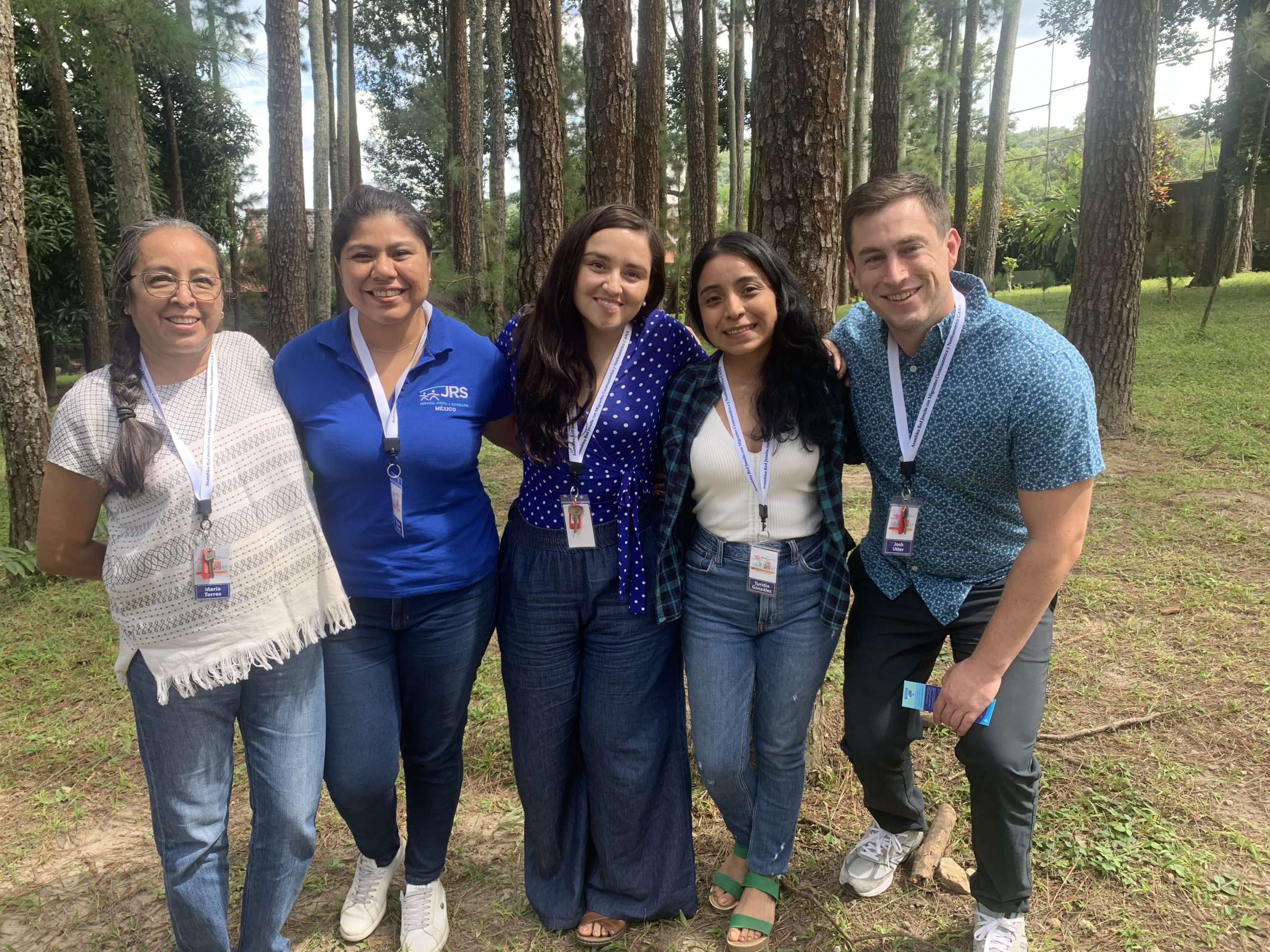Jesuit Refugee Service sounds alarm on deteriorating humanitarian crisis due to Sudan conflict
01 December 2023
More than six months have passed since armed conflict broke out in Khartoum, Sudan’s capital, as a result of a power struggle between the government and a paramilitary force known as RSF (Rapid Support Forces). While the situation of violence and instability is not decreasing in Sudan, the humanitarian crisis in Sudan and in Renk (South Sudan) continues to worsen.
“For some months Sudan has been in the throes of a civil war that shows no sign of abating, and which is causing numerous victims, millions of internally displaced people and refugees in neighboring countries, and a very grave humanitarian situation. I am close to the sufferings of those dear populations of Sudan, and I address a heartfelt appeal to local leaders to facilitate access to humanitarian aid and, with the contribution of the international community, to work in search of peaceful solutions. Let us not forget these brothers and sisters of ours who are in distress!” – Pope Francis, during Sunday Angelus at Saint Peter’s Square on November the 12th.
More than 1 million people have fled Sudan and more than 6 million have been internally displaced within the country. Those leaving Sudan have fled to Chad, Egypt, Ethiopia, and South Sudan, where agencies like Jesuit Refugee Service (JRS) have been providing support and relief to the displaced populations. JRS has focused its response efforts since the beginning of the conflict in Chad, where we provide emergency education and psychosocial support, and South Sudan, where our operational focus is mainly physiotherapy rehabilitation, mental health and psychosocial support.
JRS has been present on Sudan’s border with South Sudan, more specifically in Renk, where more than 300,000 people have already crossed as of October 2023. This number is expected to continue to rise in the coming months, as the conflict becomes more protracted, and people continue to cross daily in the hundreds. While the majority of people crossing early in the conflict were South Sudanese, now the percentage of Sudanese refugees looking for shelter is increasing.
“I have no hope for the conflict in Sudan to finish any time soon… therefore my plan is to stay in Renk for now and not go back to Khartoum. […] I am just tired.” – Maryam Halil Muhammad (42), Sudanese mother of 9 in Renk since October. Her son, Muhammad Abdullah (15), has cerebral palsy and receives rehabilitation services provided by JRS.
The humanitarian crisis is worsening due primarily to a significant lack of funds. Global attention is currently focused on other conflicts worldwide and the current Sudan crisis is being forgotten by the media, agencies, donors, and the public in general. Consequently, we find ourselves in a situation where the needs are increasing while the necessary support is not forthcoming.
Renk is facing particular challenges as it originally served as a transit centre, but large numbers of South Sudanese returnees and Sudanese refugees are straining the capacity of NGOs and partners to provide adequate services. The humanitarian crisis is getting worse and if we do not manage to mobilise resources soon, the people in Renk will be in an even more sensitive and vulnerable situation.
JRS is the only partner providing counselling services to a highly traumatised community, as well as the only partner offering physical rehabilitation and physiotherapy services; yet teams are facing significant demand with limited capacity. JRS is also providing basic humanitarian assistance including mosquito nets, cooking utensils, soap, and sanitary pads, yet it is impossible to reach everyone in need.
JRS calls on the global community to not turn its back on those fleeing the crisis in Sudan. We cannot ignore the suffering and struggles of these people and must continue providing cash assistance and in-kind support to offer relief to the forcibly displaced who are running away from the horrors of conflict. JRS advocates for a peaceful resolution to the conflict and will continue offering relief to the displaced communities coming from Sudan.




